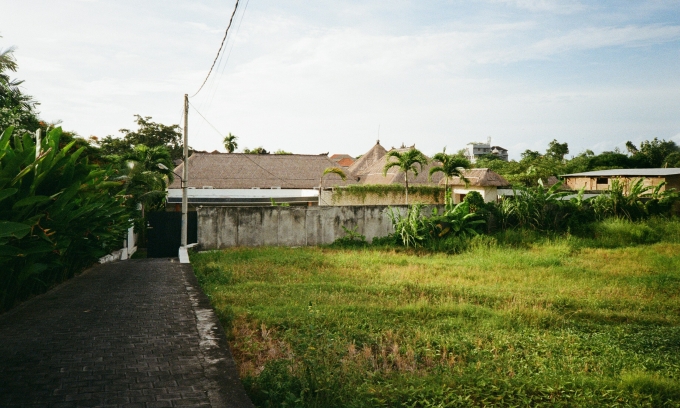The bitter inheritance battle began when Nam, the 75-year-old eldest son, tried to rally his siblings in 2020 to build an ancestral hall on the family’s land. But his younger brother Dung, 66, revealed that he already held legal ownership of the entire 1,200 sq.m plot, having been issued a land-use certificate by the district nearly two decades earlier.
Nam accused his brother of seizing the property without family consent, insisting that their late parents never signed a will nor authorized such a transfer. Backed by seven other siblings, he filed a suit, demanding that Dung keep only 138 sq.m, the portion he was originally given to build his home, while the rest be divided equally among the family.
Dung countered that their parents had given him the land outright as early as 1992, when his father registered the property in his name. Since then, he had fenced the plot, paid land taxes, farmed and improved it, and even used it for bank loans, all without objection from anyone in the family. He accused his siblings of suddenly seeking “a share” only after land prices in the province soared.
The case dragged on for half a decade, with two first-instance trials and an appeal. Nearly a dozen times, the 11 siblings faced each other in court, their quarrel growing more bitter as memories clashed with official records. At one point, Nam argued that their parents lived on the disputed land until their deaths, but prosecutors challenged him: if that were true, why were their funerals held at another home the family had purchased in 1992?
Key evidence surfaced this year when commune authorities located long-missing documents showing that in 2001 the land was publicly listed for certification along with 668 other households, with no objections filed. The court concluded that the parents had knowingly allowed Dung to take ownership, and that his decades of open, uncontested use constituted “legitimate possession.”
In the verdict, presiding judge Nguyen Quang Vu rejected all claims from Nam and the other siblings. He reminded them that while land may be valuable, “the bond of blood between brothers and sisters is sacred,” urging them to reconcile after years of bitter conflict.
Despite the ruling, Nam insisted in court that he never sought land for himself, only for an ancestral house where “siblings and grandchildren could gather to remember our parents and traditions.”

